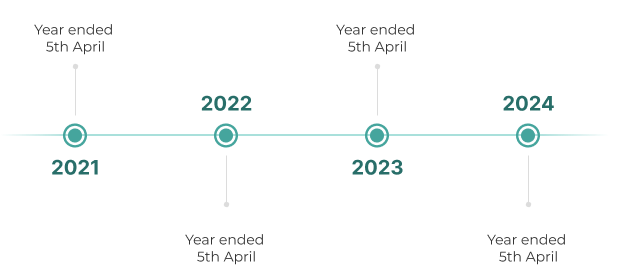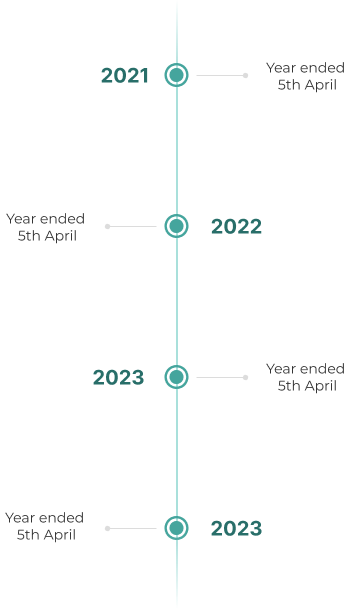What is an emergency tax code?
What is an emergency tax?
An emergency tax code is applied to your salary by HMRC. It is only a temporary measure until the tax office has more information about you. Once they have the relevant information, your tax code is adjusted.

Why am I on an emergency code?
You are usually placed on emergency tax when you start a new job, or if you are starting your first ever job, in this case, HMRC will have no financial information about you, so an emergency tax code will be applied automatically. Other reasons may include that you have started, or stopped receiving work benefits, you have started a full-time job after being self-employed, or you claim marriage allowance or expenses.
How do I know if I am on emergency tax?
An emergency tax code will be on your payslip. Different companies use different play slip templates, but you can generally find your tax code near your national insurance number. Over the course of the year, HMRC will adjust how much tax you pay as it gathers more financial information about you. Though the payments are corrected over the year, you may still have paid too much tax, and you can claim a tax refund.
How much is emergency tax?
Emergency tax means you are paying more than the basic UK tax rate. A basic rate taxpayer will pay an extra £1,300 in taxes if they earn up to £45,000, while higher-rate taxpayers will pay an extra £4,600 in taxes if they are earning up to £100,000. Anyone over £100,00 per year begins to lose personal allowance by £1 for every £2 they earn over that number, at over £123,000 you do not get any personal allowance.
Submit Your Claim
Do you work in lots of different locations to do your job and think you may be due a tax rebate? Well, find out whether you’re entitled to make a Tax claim by answering a few simple Tax-related questions below.
How Far Back Can I Claim?
Current legislation in the UK says you can go back up to four Tax years when claiming a Tax rebate. This means at the current moment in time you can make a claim for the following periods:
- Year ended 5th April 2021
- Year ended 5th April 2022
- Year ended 5th April 2023
- Year ended 5th April 2024
Effectively this means you can claim Tax relief from 6th April 2020.
Over such a long period of time wage slips and p60s can be lost or misplaced. This isn’t a problem as you have lots of ways to obtain this information.


What Can I Claim Tax Back On?
You can claim tax back on most work-related expenses. Below is a list of items that you can request a tax rebate on:
- Vehicles for work use
- Fuel/Mileage costs
- Travel expenses
- Overnight expenses (food in certain circumstances)
- Rail Tickets (single & season tickets)
- Uniforms, work clothing and tools
- Cleaning costs for uniforms
- Professional fees, subscriptions & unions fees
This list is an example of what you could claim back; there may be expenses & items specific to the job role that you could claim back.
Customer Stories
Civil engineer Dean claimed back over £520
Hi, my name is Dean and I work as a civil engineer. Richard contacted me via Linkedin regarding a tax return that I might be owed he took me through step by step and was always at the end of the phone to get me my return. Now I’m £520 better off thanks to Rich, great work Swift Refunds!
Dean, Civil Engineer
Plant Operator Scott claimed back over £2,000
Hi there, my names Scott I’ve been using Swift for the last 2 years, I’ve just got over £2,000, all you need to do is fill out the easy forms and Swift do the rest it’s really that simple.
Scott, Plant Operator
Am I Due Any Tax Back?
Most workers, whether employed or self-employed may be due a tax rebate for work-related items, expenses or because they have paid too much tax. HMRC do not know everyone’s individual circumstances, and it is up to the taxpayer to contact HMRC to see if they are entitled to any tax relief.
Other reasons for a tax refund may include pension payments, redundancy payments, interest from a savings account, PPI, or UK income if you are living aboard.
All claims for tax refunds and rebates are reviewed on a case by case basis. Use our tax claim form and answer a few simple questions to see if you could be entitled to make a claim.






